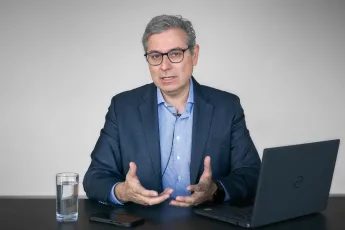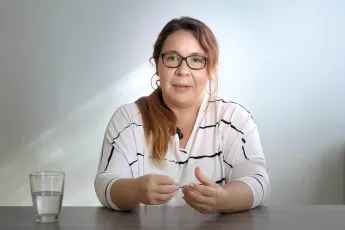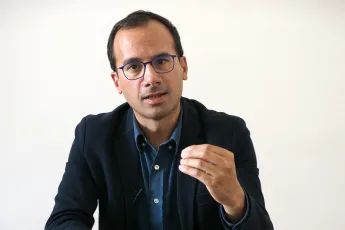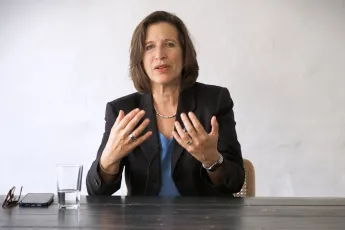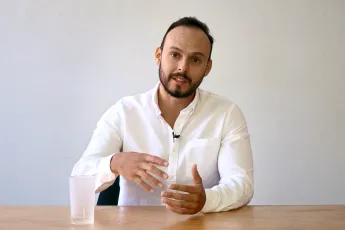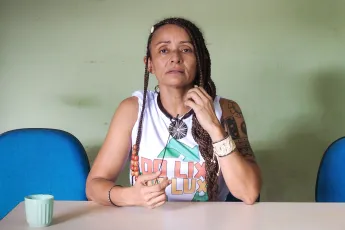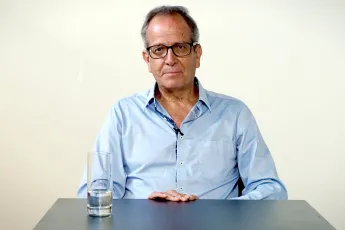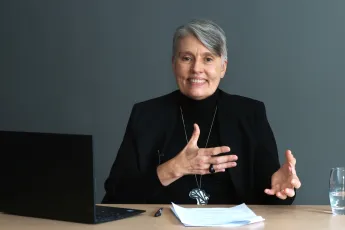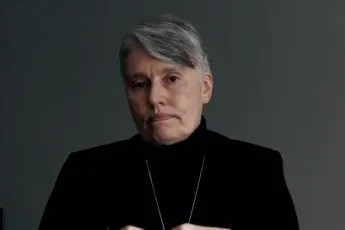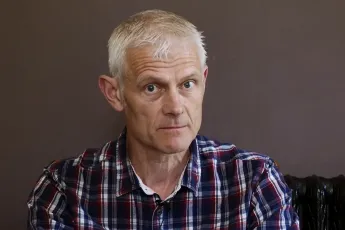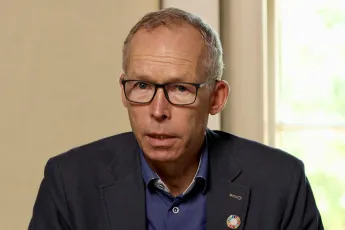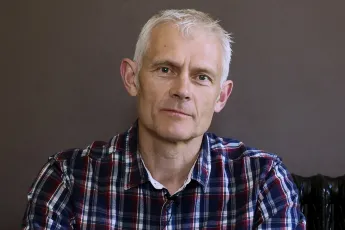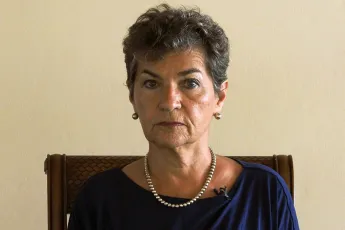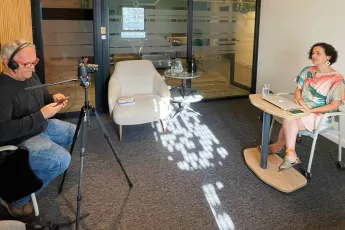
Inspiring narratives of urban futures needs creativity and visualization, and cannot be developed by academic texts or facts only. To motivate, inspire and create opportunities for transforming cities to be green, inclusive, sustainable and zero-carbon, filmmakers Dirk Wilutzky and Mathilde Bonnefoy work together with TUC.
Overall, about 30 short documentaries of 10-15 minutes are being produced over the course of six years. They feature some of the world’s most respected expert scientists and changemakers, as well as members of the Urban Labs in the five TUC cities. Film protagonists speak from the heart, as they share their stories and knowledge to inspire urban action.
Dr. David Camacho Alcocer, President of CONARED, advocates for the Light Rail, designed to connect Mexico City with its suburb of Naucalpan through sustainable and equitable landscape development. He highlights how Naucalpan's Urban Lab fosters a sense of ownership and public engagement, and could help improve the dynamic between society and large-scale projects.
Laura Arévalos, a long-time resident of Villa 20, an informal settlement in Buenos Aires, reflects on her activism in the neighborhood’s reurbanization. She underscores that projects must be completed and made visible to succeed. She also highlights how a shared goal for the common good helped the Villa 20 community bridge political divides and achieve lasting change.
Paris Deputy Mayor Dan Lert, responsible for ecological transition, climate policy, water, and energy, addresses the critical need for climate adaptation in Paris. Anticipating temperature peaks up to 50°C in the coming years, the city aims for carbon neutrality by 2050 with an 80% emissions reduction from 2004 levels. This ambitious strategy, which places social justice at its core, earned Paris a UN Global Climate Action Award in 2021 but faces significant logistical and regulatory hurdles.
UN Communications Chief Melissa Fleming addresses the challenges of conveying climate change science amidst widespread and intensifying mis- and disinformation tactics. She highlights how long-standing obstruction by fossil fuel interests has hindered progress and outlines the UN's strategies to enhance global awareness and drive concrete action.
Paco Flores, a designer and sustainability consultant, explores the transformative impact of a TUC-supported community garden and composting workshop in the Arriba neighborhood of León, Mexico. He reflects on how this initiative is shifting mindsets within the community and discusses the transition from individual activism to organized community action as a pathway to lasting change.
Márcia Alencar is an educator and city hall sanitation technician in one of the poorest outskirts of Teresina, Brazil. She spearheads Coopcata 3Rs, a women's waste picking collective that promotes recycling and ensures food security through gardening and a solidarity kitchen. In this film, shot in 2023, she advocates for the integration of environmental care with human welfare, emphasizing that community support in providing basic needs like food and employment is crucial for broader environmental actions.
Ecuadorian economist and politician Alberto Acosta criticizes the Global North's elite for their inaction on escalating environmental and social crises, despite clear scientific evidence and available political solutions. He advocates for renegotiating the debts of Global South countries and emphasizes that indigenous communities, who are actively protecting the environment, must be recognized and supported as essential to global sustainability.
Durban civil servant and climate scientist Debra Roberts underscores the increasing relevance of science in addressing global challenges and the crucial need for what she calls ‘boundary people’. These are individuals who are adept at effectively communicating scientific information to policymakers, and at the same time, translating valuable empirical expertise gathered in the field back to the global scientific community for further analysis and integration.
Lahys Barros is an architect and urban planner involved in the Brazilian MTST political movement, which advocates for decent housing for homeless workers. In this short documentary shot in 2023, she describes her militant work and shares her assessment and expectations regarding her participation in the 'Urban Lab' in Recife. A follow-up film is planned for 2025.
In order to address issues like climate change, inequality, and development, Durban civil servant and climate scientist Debra Roberts stresses the urgent need to involve all members of society in the decision-making process, building trust through dialogue, and using the convening power of local government to facilitate these discussions. It is only when diverse perspectives and experiences come together that a more equitable and resilient future can be achieved.
Solving climate change requires confronting the sensitive issue of equity head on. Climate scientist Kevin Anderson stresses that not only do nations differ in historic carbon emissions and climate damage responsibility. It's equally vital to address equity within societies, as a select few drive the bulk of emissions and impacts through their lifestyles.
Climate scientist Johan Rockström explains the urgency of operating within “planetary boundaries” — the planetary life-support systems essential for maintaining human life on Earth. By following the recommendations of science, Rockström believes we can avert an ecological and climate collapse and create a healthier, more prosperous future. But we have to act decisively now — or we will completely fail.
Climate scientist Kevin Anderson warns that continuing on our current path could result in a 3-4°C temperature rise by the end of the century, a catastrophic outcome to be avoided at all costs. He cautions against believing the political rhetoric about progress in the fight against climate change and calls on us to push for bold policy changes.
Christiana Figueres, former Executive Secretary of the UNFCCC and a key negotiator of the 2015 Paris Agreement, recognizes the despair that can arise from ‘climate paralysis’ and the realization that climate predictions have come true. Nevertheless, she urges us to regain our sense of agency and tap into the ‘stubborn optimism’ within ourselves that is essential for driving the necessary change.
